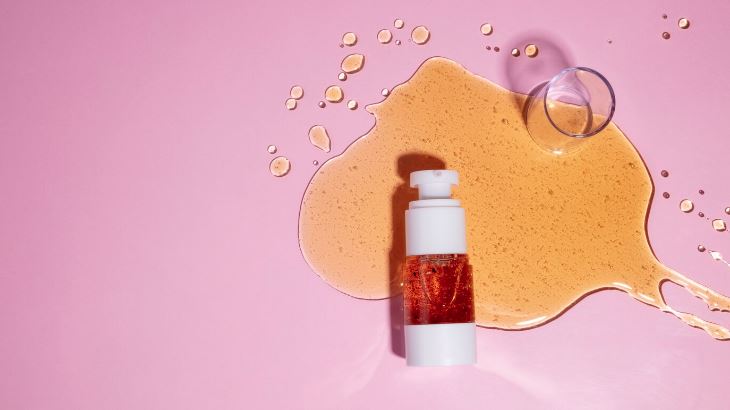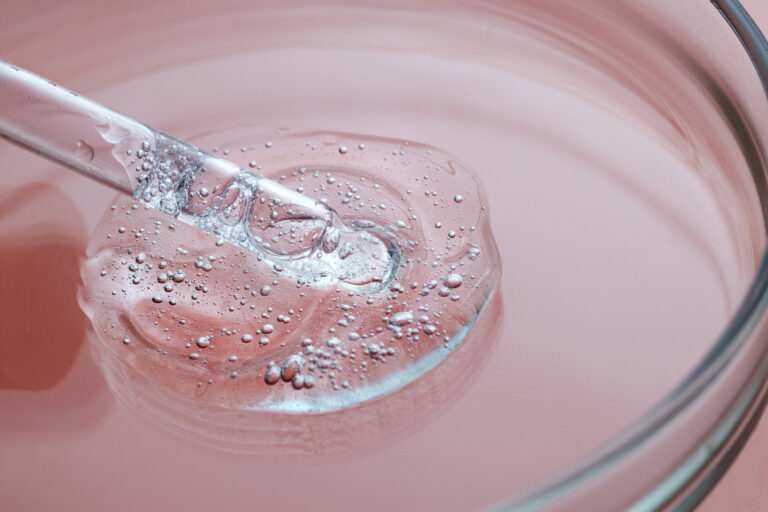In the ever-evolving world of cosmetics, formulation science plays a crucial role in creating effective and appealing products. Understanding this science and the benefits of various ingredients can empower brands to make informed decisions and create products that resonate with consumers.

Formulation science is the art and science of combining various ingredients to create a cosmetic product that is safe, effective, and stable. It involves not just the selection of active ingredients but also the consideration of emulsifiers, preservatives, fragrances, and colorants. A well-formulated product should deliver the desired effects, have a pleasing texture, and maintain its integrity over time.
Active Ingredients: These are the components that provide the desired effects, such as anti-aging, moisturizing, or acne-fighting properties. For example, hyaluronic acid is a popular hydrating ingredient known for its ability to retain moisture.
Emulsifiers: These substances help mix oil and water-based ingredients, ensuring a stable product. Common emulsifiers include cetyl alcohol and glyceryl stearate.
Preservatives: Essential for maintaining product safety and longevity, preservatives prevent microbial growth. Ingredients like phenoxyethanol and ethylhexylglycerin are commonly used to protect formulations.
Fragrances and Colorants: These components enhance the sensory experience of the product. While natural fragrances derived from essential oils are popular, synthetic options can also offer unique scents and colors.

Choosing the right ingredients is fundamental to successful formulation. Here are some common cosmetic ingredients and their benefits:
Aloe Vera: Renowned for its soothing and hydrating properties, aloe vera is frequently used in moisturizers and after-sun products. Its anti-inflammatory benefits make it ideal for sensitive skin.
Retinol: A derivative of vitamin A, retinol is a powerful anti-aging ingredient that promotes cell turnover, reducing the appearance of fine lines and wrinkles. It is a popular choice for serums and night creams.
Niacinamide: This form of vitamin B3 is known for its ability to improve skin texture and tone. It helps reduce the appearance of enlarged pores and fine lines, making it a favorite in serums and moisturizers.
Plant Extracts: Ingredients like green tea extract and chamomile are rich in antioxidants and anti-inflammatory properties. They help protect the skin from environmental stressors and promote a healthy complexion.
Peptides: Short chains of amino acids, peptides signal the skin to produce collagen and elastin, which are vital for maintaining skin elasticity. They are increasingly incorporated into anti-aging products.

Once a formulation is developed, stability testing is crucial. This process evaluates how well a cosmetic product maintains its intended properties over time under various conditions, such as temperature changes and exposure to light. Stability testing ensures that the product remains effective and safe throughout its shelf life.
In cosmetic manufacturing, it’s essential to comply with regulatory standards. Different regions have specific guidelines regarding ingredient safety, labeling, and claims. Brands must ensure that their formulations adhere to these regulations to avoid legal issues and protect consumer safety.

Understanding formulation science and ingredient benefits is vital for any cosmetic brand aiming to create effective and appealing products. By delving into the intricacies of ingredient selection and formulation processes, brands can enhance their product offerings, cater to consumer needs, and stand out in a competitive market.
For cosmetic companies, partnering with knowledgeable contract manufacturers can provide the expertise needed to navigate these complexities. Together, they can innovate and develop products that not only meet regulatory standards but also delight consumers with their effectiveness and sensory appeal. Embracing the science behind cosmetics can lead to success in an industry driven by both efficacy and consumer trust.
